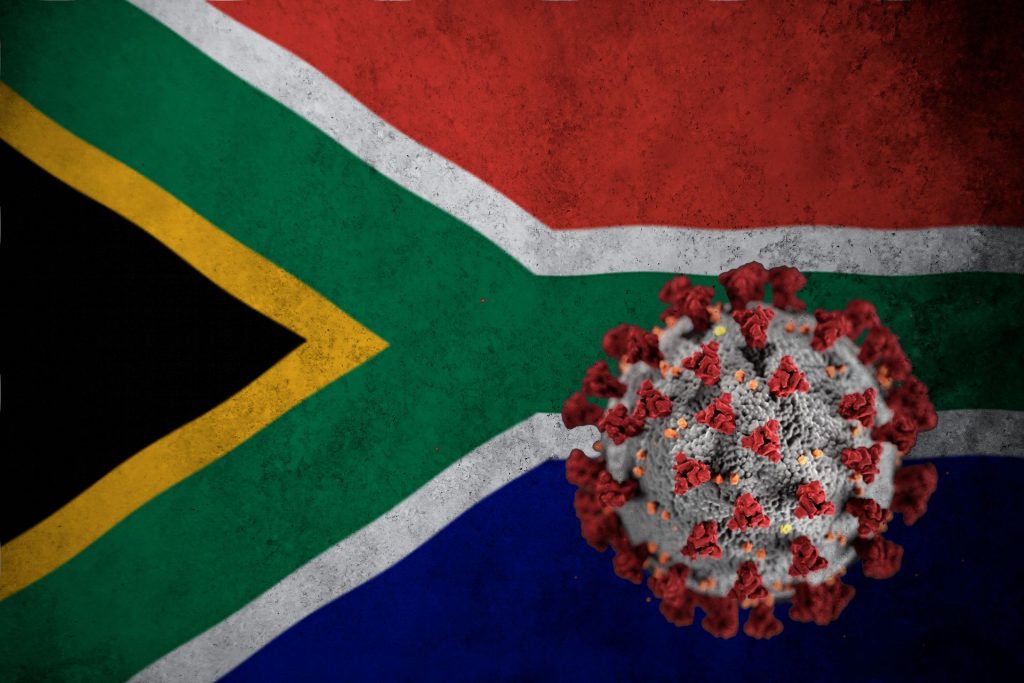
South African scientists have criticised developed nations for ignoring early evidence that Omicron was “dramatically” milder than the previous strains of the coronavirus, an attitude which could be construed as “racism”.
“It seems like high-income countries are much more able to absorb bad news that comes from countries like South Africa,” said Prof Shabir Madhi, vaccinologist at Wits University.
“When we’re providing good news, all of a sudden there’s a whole lot of scepticism. I would call that racism.”
Prof Salim Karim, former head of the South African government’s COVID advisory committee and vice-president of the International Science Council concurs.
“We need to learn from each other. Our research is rigorous. Everyone was expecting the worst and when they weren’t seeing it, they were questioning whether our observations were sufficiently scientifically rigorous,” he said, though he acknowledged that Omicron’s high number of mutations may have led to an overabundance of caution.
But by early December, anecdotal evidence was already indicating that Omicron caused far fewer hospitalisations than the Delta Wave, despite being more transmissible.
“The predictions we made at the start of December still hold. Omicron was less severe. Dramatically. The virus is evolving to adapt to the human host, to become like a seasonal virus,” said Prof Marta Nunes, senior researcher at the Vaccines and Infectious Diseases Analytics department at Wits
“It didn’t take even two weeks before the first evidence started coming out that this is a much milder condition. And when we shared that with the world there was some scepticism,” Prof Karim added.
While some have argued that Africa’s pandemic experience is different due to factors such as its younger population, any advantage South Africa has is outweighed by poor health, with excess deaths during COVID at 480 per 100 000, one of the highest in the world. Prof Madhi points out a high prevalence of comorbidities such as obesity and HIV.
A majority of those excess deaths are probably due to the pandemic, many SA scientists believe. Half occurred during the Delta wave, but only 3% transpired during the Omicron wave so far, Prof Madhi pointed out.
The government chose not to tighten restrictions during the fourth wave, and criticised the reimposition of travel bans coming from South Africa. South African scientists have mostly welcomed this, even though the WHO continues to warn that Omicron should not be considered “mild”.
“We believe the virus is not going to be eradicated from the human population. We must now learn how to live with this virus and it will learn how to live with us,” said Prof Nunes.
The low death rate from Omicron indicates a different phase of the pandemic. “I’d refer to it as a convalescent phase,” said Prof Madhi. The government has already effectively stopped quarantining and contact tracing.
Source: BBC News

